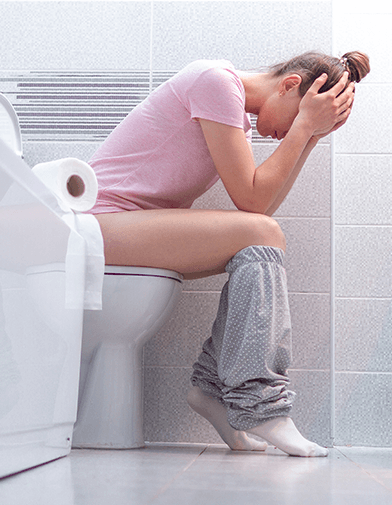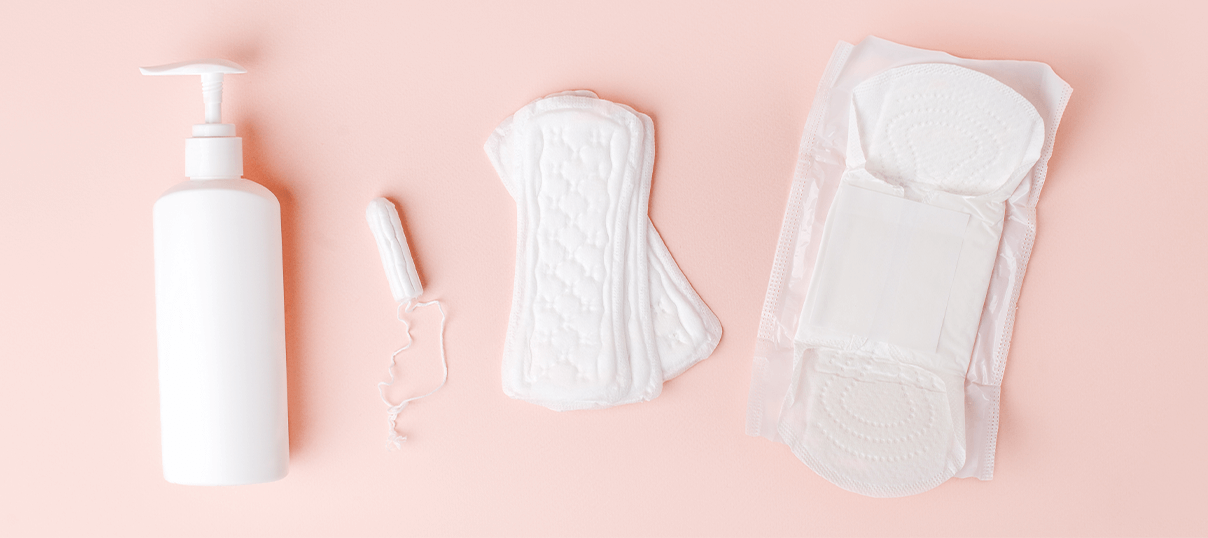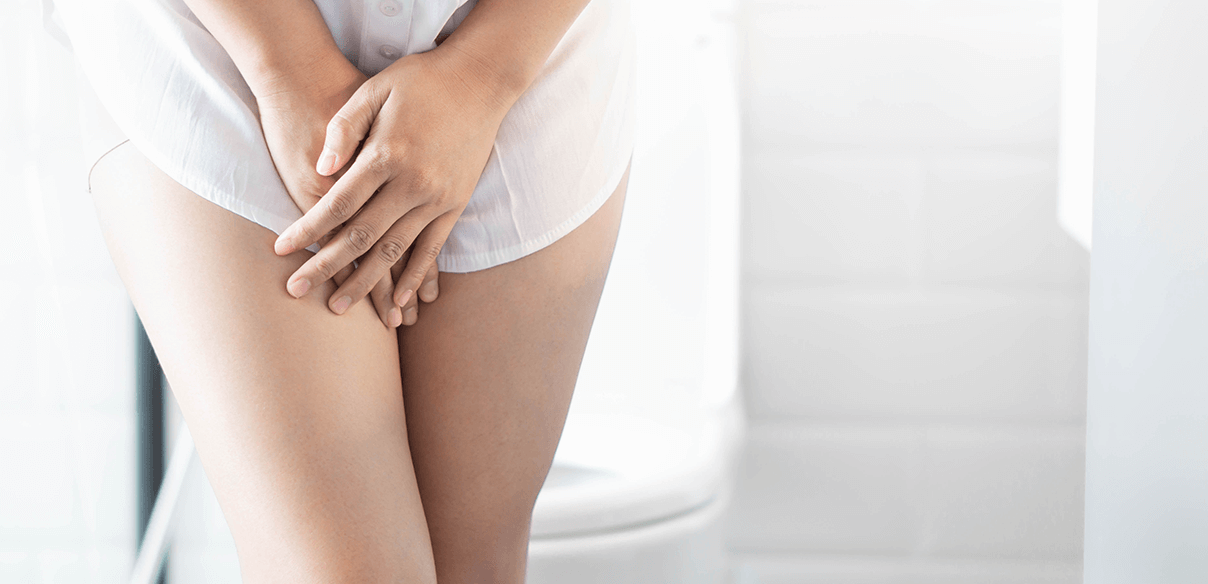Although urinary tract infections are easy to treat and not generally serious, they are always unpleasant and can seriously impact quality of life when they are frequent. Here we look at the factors that can cause urinary tract infections, as well as the good hygiene and lifestyle habits to adopt in order to limit them.
Understanding urinary tract infections
A urinary tract infection, also known as infectious cystitis, is inflammation of the bladder wall due to the presence of pathogenic bacteria in the urine. Under normal circumstances, urine is sterile. But occasionally, intestinal bacteria – of the Escherichia coli type in most cases – successfully make their way up the urethra (the canal through which urine is discharged) and colonise the bladder. The most common symptoms of a urinary tract infection are:
• A constant and pressing need to urinate, even when the bladder is empty.
• A painful or burning sensation when urinating or just after.
• Cloudy and strong-smelling urine.
• Sometimes, blood in the urine or pelvic pain.
Fever is not usually a symptom of simple urinary tract infections, so a temperature of over 38 °C combined with sharp pains in the lower back can be a sign that the infection has spread to the kidneys and caused pyelonephritis. In such a case, an emergency consultation is essential.

Who is affected?
Although they can sometimes affect men, for anatomical reasons urinary tract infections are much more frequent in women: a woman’s urethra is very short, unlike that of men, and its opening is close to the anus, where bacteria proliferate. As a result, more than half of all women will experience at least one urinary tract infection in their lifetime. Other factors increase the risk of developing a urinary tract infection:
• Not drinking enough water.
• Being very sexually active.
• Using a diaphragm for contraception or tampons during a period ? these can push against the urethra and the bladder.
• Pregnancy, due to the baby pressing on the bladder, as well as hormonal changes which can cause imbalances in your intimate area.
• Being post-menopausal, as the entire vulvo-vaginal area is then more vulnerable.
• Diabetes, which increases the amount of sugar in urine and thus creates an ideal environment for bacteria proliferation.
• Certain urinary tract abnormalities.

Preventing urinary tract infections
Adopting the right lifestyle and intimate hygiene habits is often enough to avoid urinary tract infections or limit their frequency:
• Above all, it is important to drink enough fluids, preferably water: at least 1.5 litres per day.
• Each day, wash your intimate area and anus with a mild cleanser specially formulated for the intimate area. Don’t ever use soap, which is too harsh, and avoid repeating the washes excessively, as you risk creating an imbalance in your natural flora.
• Urinate when you need to, as holding it in gives bacteria the time to multiply.
• Avoid constipation, if necessary, by getting plenty of fibre in your diet: in case of constipation, the intestinal bacteria remain around the rectum for a long time, which facilitates contamination of the urethra.
• On the toilet, always wipe yourself from front to back to avoid spreading harmful germs to the vagina.
•After sexual intercourse, urinate to flush out any potential germs which could cause a urinary tract infection.
•During your period, change your sanitary protection every 4 to 6 hours and be particularly thorough when washing your intimate area: blood provides an environment that is highly conducive to bacteria proliferation.
• If you are prone to recurrent cystitis, drink cranberry juice regularly or take food supplements that are specially formulated to reduce the risk of relapses.

Treating urinary tract infections
If in spite of these precautions you suspect a urinary tract infection, don’t panic! They are generally benign, but must be treated seriously:
• Above all, it is very important that you do not self-medicate with leftover antibiotics from a previous infection, for example. You risk aggravating the situation and making your cystitis difficult to treat.
• See your doctor as soon as possible. They will prescribe a urine analysis to identify the germ involved, followed by a course of antibiotics. The symptoms disappear quickly once you have started your treatment, but you need to take the whole course in order to eliminate all of the germs present.
• Throughout the course of treatment, you should drink more than usual to help flush out the bacteria.
• If you do not start to feel better 48 hours after beginning your treatment, tell your doctor, who will prescribe a different antibiotic.



